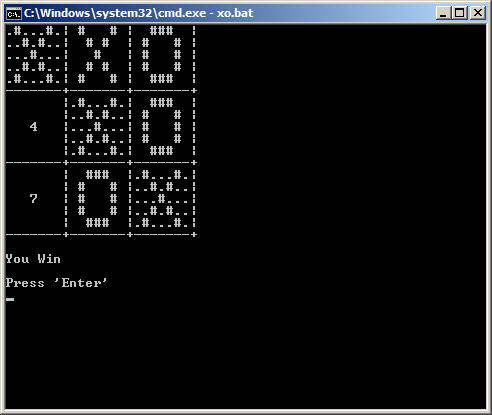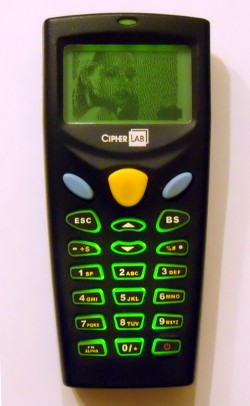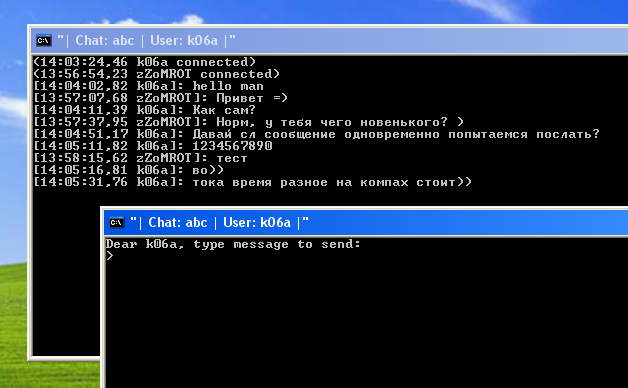Как я наказал Firaxis или история о том, как перебрать бинарный движок через глушитель

Речь пойдёт о далёком 2005 году, когда только-только вышла Civilization4 от Sid Meier. К тому времени я плотно висел в Civilization3, прошёл её раз дцать на самых разных картах, и тут вышла долгожданная четвёрка. Это были годы P3-512Mb для mid-end и P4-1Gb в hi-end. Только топовые конфиги в те годы имели два гига памяти на борту.
Civilization 4 вышла с графикой уровня года 2002-2003го, что в принципе нормально для мэинстрима тех времён, особенно учитывая что это пошаговая стратегия, а не шутер. Но жрала с течением игры до 900Mb оперативки, что приводило к жуткому свопу, особенно на больших картах, особенно к концу игры, особенно на ноутбуках. Народ недоумевал, я тоже. Учитывая, что в те же годы вышел Far Cry с куда более красивой графикой, и который вполне игрался на максимуме даже с 512Mb на борту, такое поведение Civilization 4 выглядело крайне странным. Захотелось разобраться и покарать…

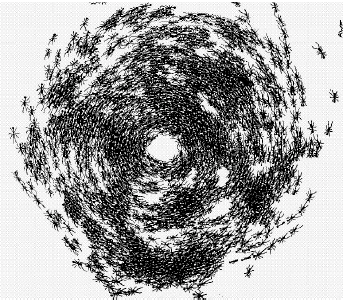

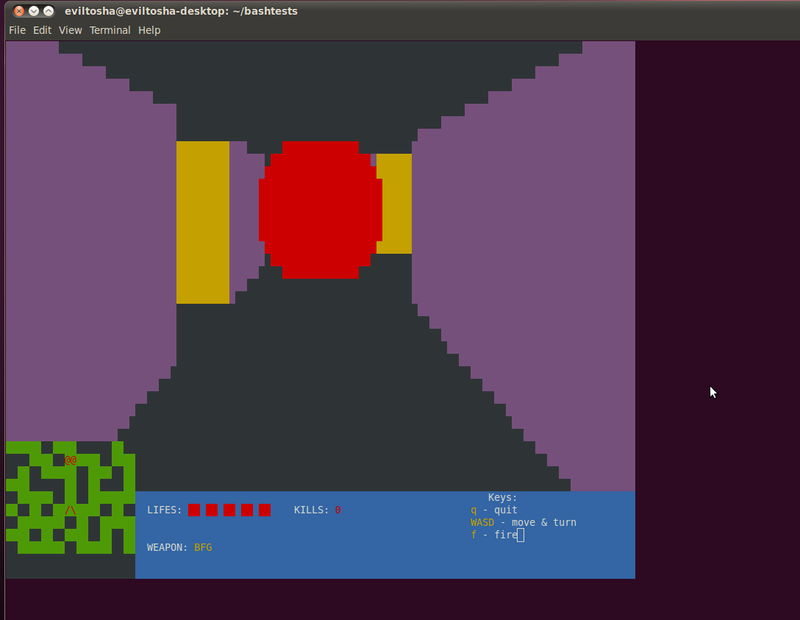
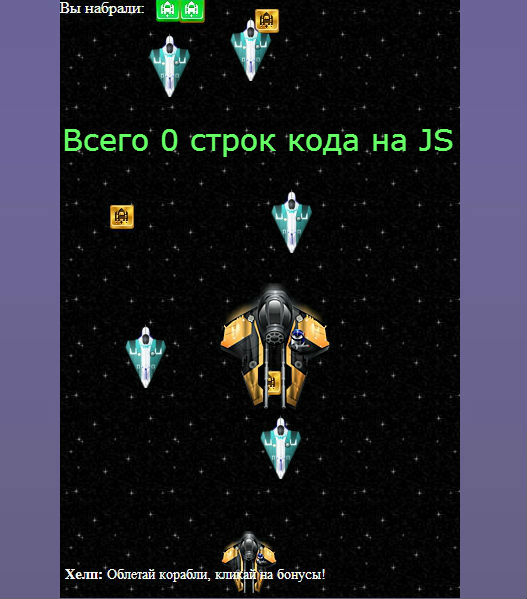

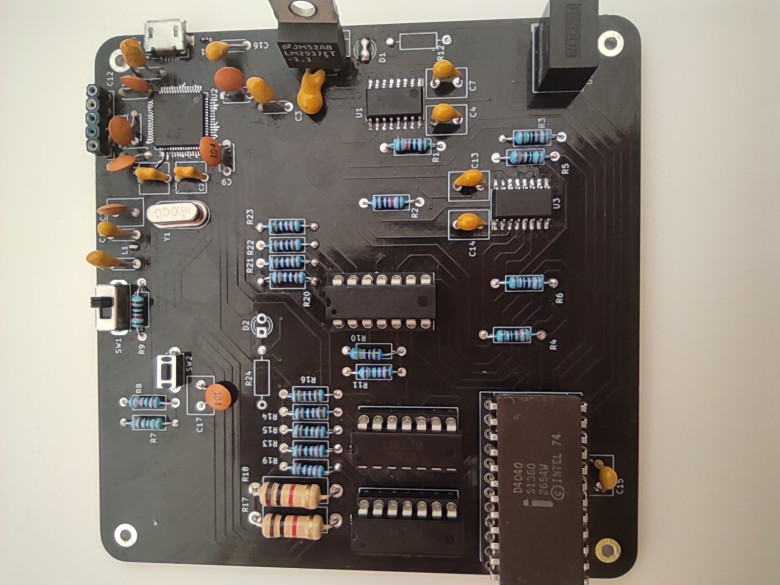



 Прошло уже больше двух месяцев с момента моей демобилизации. Я уже освоился на свободе, пришло время рассказать интересную историю со службы. Служил я в разведке!.. По распределению попал в центр радиоперехвата. Работенка не пыльная, сидишь ночами в наушниках и слушаешь врага. Но речь пойдет не об этом.
Прошло уже больше двух месяцев с момента моей демобилизации. Я уже освоился на свободе, пришло время рассказать интересную историю со службы. Служил я в разведке!.. По распределению попал в центр радиоперехвата. Работенка не пыльная, сидишь ночами в наушниках и слушаешь врага. Но речь пойдет не об этом.